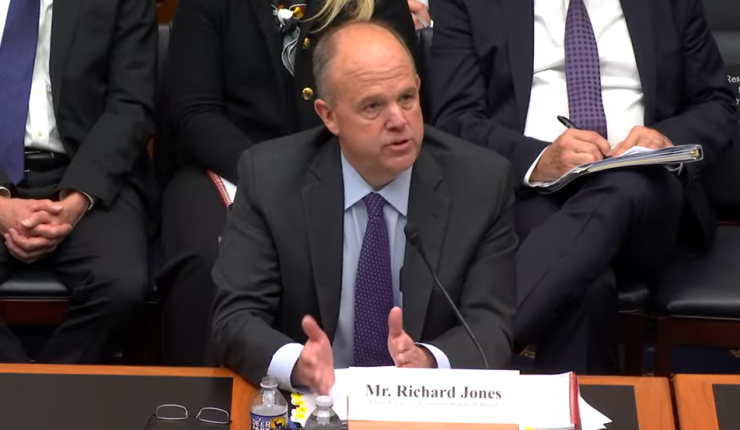The Financial Accounting Standards Board issued an
The ASU requires consistent categories and greater disaggregation of information in the rate reconciliation and income taxes paid disaggregated by jurisdiction. It also includes other amendments to provide more transparency about the income taxes paid by multinationals.
"The new standard responds to calls from investors for more transparent, decision-useful information about a company's income taxes," said FASB chair Richard Jones in a statement. "It requires enhanced disclosures primarily related to existing rate reconciliation and income taxes paid information to help investors better assess how a company's operations and related tax risks and tax planning and operational opportunities affect the company's tax rate and prospects for future cash flows."

The amendments in the update require public companies to disclose on an annual basis specific categories in the rate reconciliation and provide additional information for reconciling items that meet a quantitative threshold, if the effect of those reconciling items is equal to or greater than 5% of the amount computed by multiplying pretax income or loss by the applicable statutory income tax rate.
Public companies are required to disclose a tabular reconciliation, using both percentages and reporting currency amounts:
a. State and local income tax, net of federal (national) income tax effect;
b. Foreign tax effects;
c. Effect of changes in tax laws or rates enacted in the current period;
d. Effect of cross-border tax laws;
e. Tax credits;
f. Changes in valuation allowances;
g. Nontaxable or nondeductible items; and,
h. Changes in unrecognized tax benefits.
The amendments require all entities to disclose on an annual basis the following information about income taxes paid:
1. The amount of income taxes paid (net of refunds received) disaggregated by federal (national), state and foreign taxes; and,
2. The amount of income taxes paid (net of refunds received) disaggregated by individual jurisdictions in which income taxes paid (net of refunds received) is equal to or greater than 5% of total income taxes paid (net of refunds received).
The new standard should have an impact on how businesses report on their income taxes to investors and the public. "Companies can already gather most of this information from tax returns filed with the IRS and internal financial records, so the FASB update is really just an expanded disclosure to the public," said Barclay Taylor, of counsel at the law firm Morris, Manning & Martin LLP, in a statement. "Now, companies are going to have to think harder about how the expanded disclosures of tax information might impact public perception. It will be interesting to see how this information is weaponized to mold tax policy narratives."
For public companies, the standard takes effect for annual periods starting after Dec. 15, 2024. For other entities, the amendments are effective for annual periods beginning after Dec. 15, 2025. Early adoption is allowed for annual financial statements that haven't yet been issued or made available for issuance.





